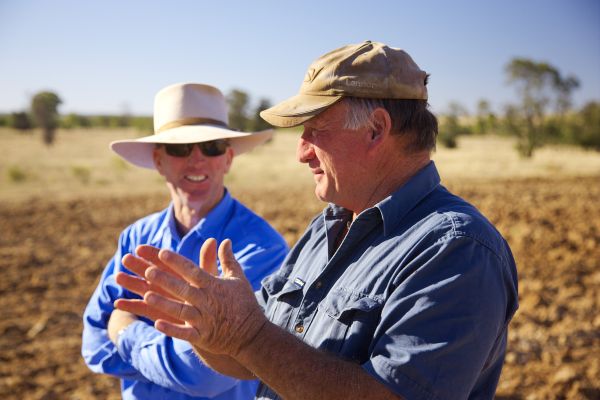12 Apr 2016

Public Hearing, Darwin – 12 April 2016
APPEA thanks the Committee for the invitation to appear today.
APPEA seeks to increase community and government understanding of the upstream petroleum industry by providing and promoting information about the sector’s activities, impacts and benefits.
There are unfortunately a number of myths peddled about our industry that have no basis in fact.
Our submission addresses a number of these myths directly and also provides extensive reference to the findings of leading scientists and institutions that are independent of the industry.
I draw specific attention to the following key points in our submission.
Firstly, it is vital that there is a genuine fact-based examination into how onshore unconventional gas production operates.
The findings of multiple Australian and international reviews by eminent individuals and institutions are clear – the risks associated with unconventional gas can be managed effectively through the creation of a robust regulatory regime, underpinned by effective monitoring and compliance.
A balanced Inquiry should give due weight to the views of these groups.
The industry and governments actively promote coexistence.
In all States and Territories where we operate, we support fair and transparent land access arrangements that ensure benefits flow to landholders and any impact on their existing land use is minimised.
The Queensland natural gas industry has negotiated more than 5,000 landholder agreements. This would not have been possible without constructive engagement between industry, landowners, agricultural representatives and government.
Compensation already paid under these agreements is estimated by the Queensland GasFields Commission to have totalled $238 million as at 30 June 2015. From 2015 to 2020, it’s estimated a further $189 million in compensation will be paid to these landholders.
The science of hydraulic fracking, is well understood and as Australia’s Chief Scientist, Dr Alan Finkel, has stated is “completely safe” if properly regulated.
As the recent report by Dr Allan Hawke into fracking in the Northern Territory stated, this technique has been used here since 1967, mainly in the Amadeus Basin, west of Alice Springs. Over 30 wells been fracked since then, with no negative impact on the region’s precious groundwater resources.
All activities undertaken by the natural gas industry are subject to comprehensive regulatory processes. An onshore gas company operating nationally needs to comply with over 70 pieces of state and federal legislation, numerous addition regulations, associated operational policies and local council regulations.
There has been considerable discussion around water and the impact on farmers. In Queensland, 97 per cent of water produced by CSG activity is put to beneficial use. Treated CSG water provided to farmers is reducing dependency on shallow groundwater resources reducing overall demand on critical aquifers.
Farmers throughout Queensland have emphasised the importance of natural gas operations which is providing passive income and treated water, at no cost. Treated CSG Water is aiding drought proofing and substantially boosting productivity on farms right across the state.
The Queensland industry is a success story that shows what can be achieved when people work together on the basis of mutual respect. The benefit to that State and regional communities will be seen for decades to come.
The industry continues to work closely with landholders and a range of other stakeholders and pleasingly the research from the CSIRO confirms that there is growing community acceptance and support for coal seam gas in regions where activity is occurring.
The economic and social benefits have been welcomed. Many communities across Australia have felt the full force of the Global Financial Crisis, drought, the decline of the Australian manufacturing activity and a down turn in employment.
In contrast, the CSG industry at its peak in Queensland employed over 40,000 people and paid royalties which have supported programs which have invested more than $495 million over the last four years in new community infrastructure, roads and flood mitigation.
In the Northern Territory, a study by Deloitte Access Economics found that a successful shale gas industry had the potential to deliver up to 6300 new jobs and increase NT Government revenues by almost $1 billion by 2040. That’s a lot of money for roads, schools, hospitals and other community benefits.
This is an industry that is committed to continuous improvement, a long term industry that is focussed on sustainability and public benefit.
We thank the Committee for the opportunity to appear today, and look forward to your questions.
A copy of APPEA’s submission can be found at this link.

